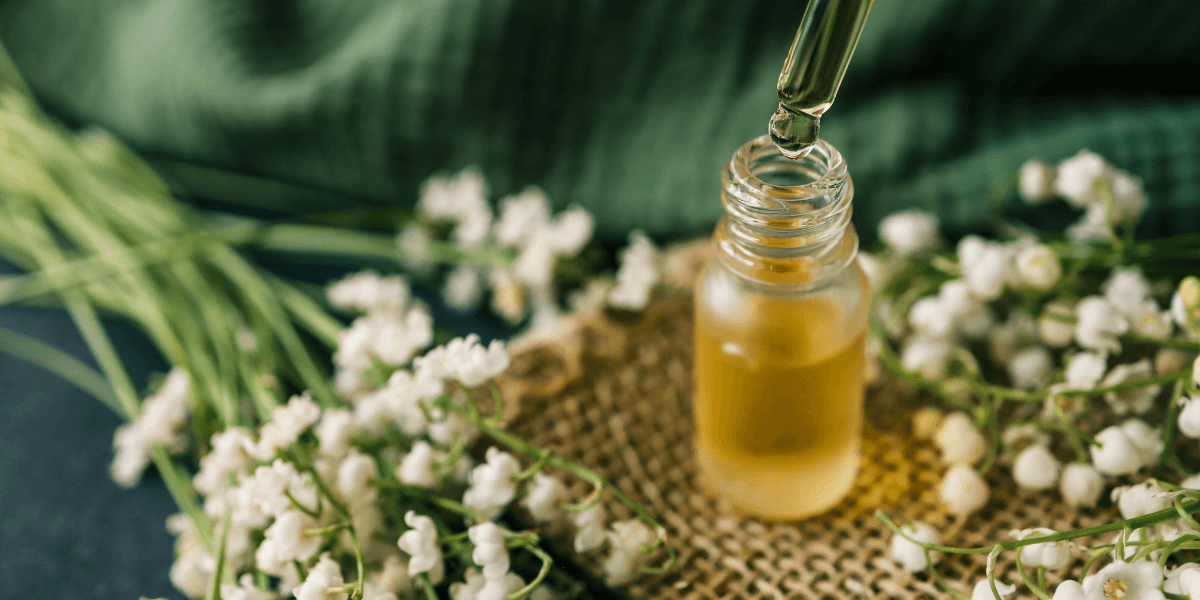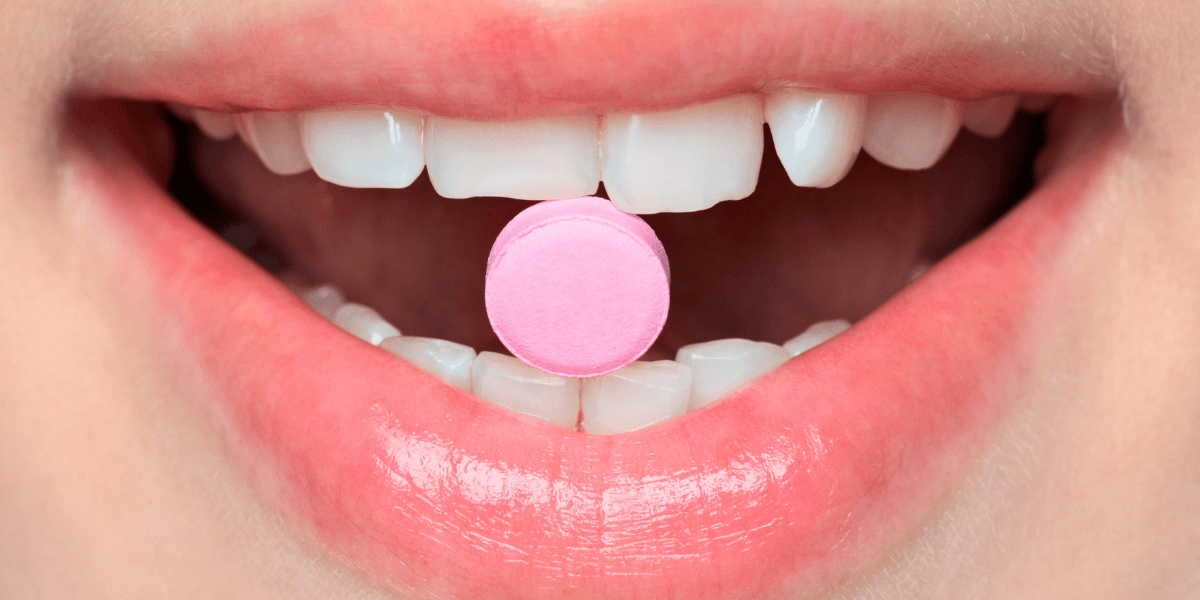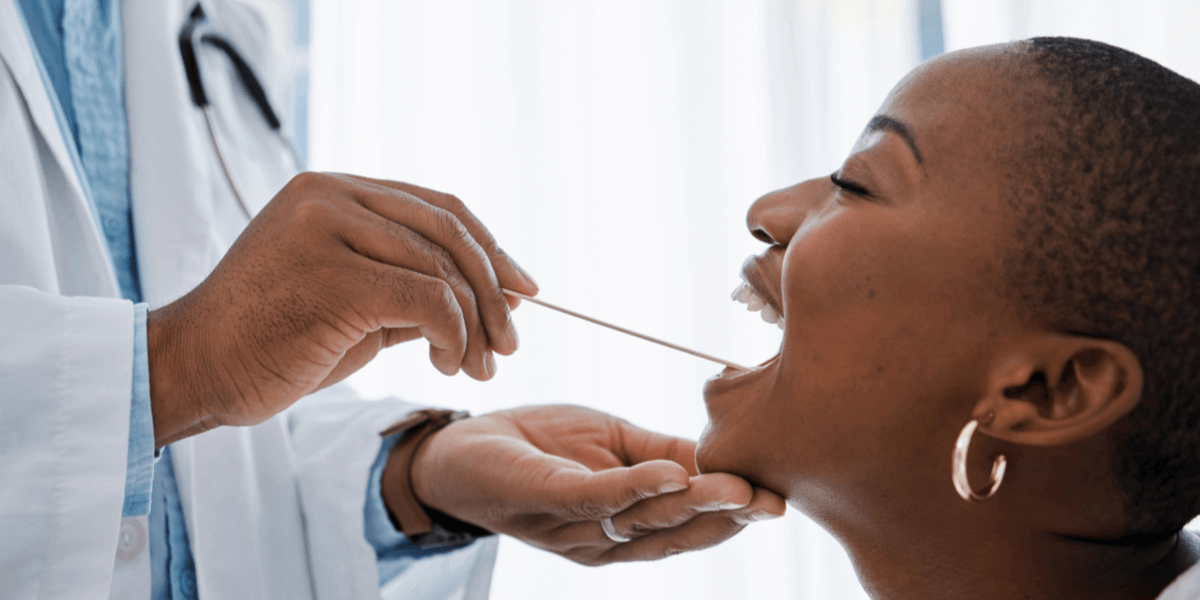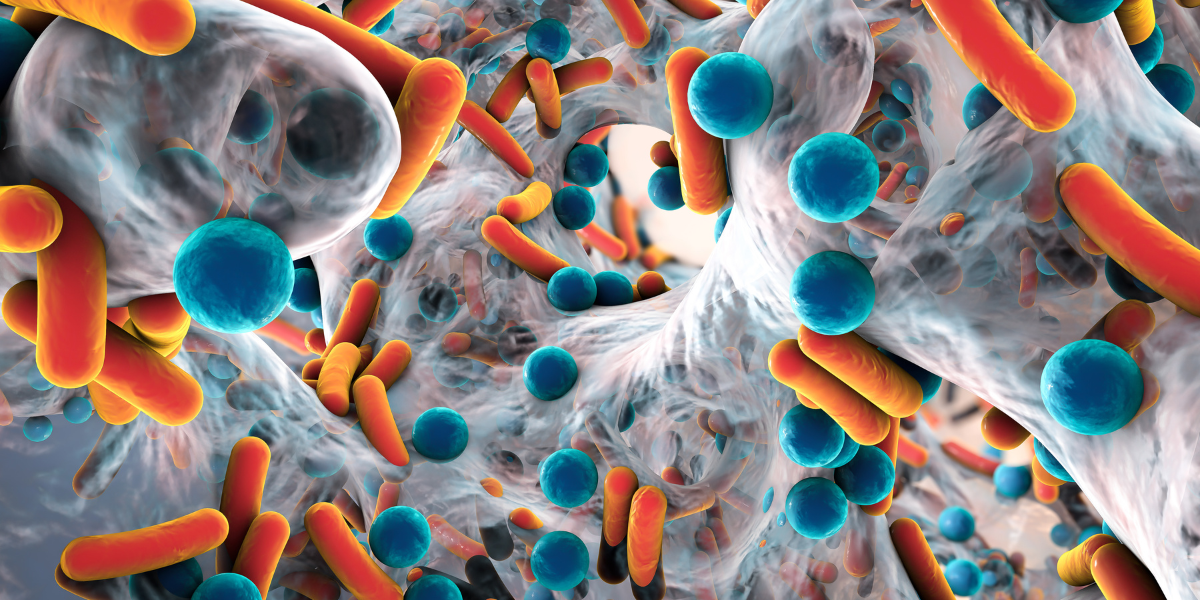How does nail biting affect your oral health?

Your nails are a valuable indicator of health, from nutrition to systemic disease. However, biting them can actually expose you to unwanted pathogens that have a negative impact on your oral & overall health.
Some say the eyes are the window to the soul. But did you know your nails are a window to your health? The human body gives us lots of signals as to what it needs, if we only know where to look. Your nails are one of the key signposts we can use to help us understand our own health.
Your nails are an indicator of your nutrition
There are certain signs in your nails to look for that can indicate that you have a nutritional deficiency. For instance, nails that appear particularly pale are a sign that you are lacking in iron[5]. White bands that cross the nails can signify calcium or zinc deficiency [5] your nails are soft and often separating (flaking), you might be lacking adequate magnesium in your diet [5]. Soft nails can also be related to low levels of vitamins A and D [5]. If you’ve noticed dark red or brown lines that look like splinters under your nails, you may be lacking in vitamin C, or you could be suffering from something much more serious, like kidney disease [3][5].
Your nails can alert you to other health problems
Certain nail conditions can alert you to very serious health circumstances. Nail clubbing is usually evidence of serious lung conditions such as COPD or heart conditions like congestive heart failure [2]. Dry, brittle nails can be a sign of thyroid disease [1]. If your nails appear yellow, it could be due to nicotine staining if you smoke, nail fungus, or even lung disease or diabetes [6]. Blue-tinted nails indicate an immediately urgent situation—low oxygen [6]. This can occur for many reasons, such as asthma or COPD, but can occur in anyone and should be taken very seriously.
Biting your nails is worse than you think
If your mother told you to stop biting your nails as a kid, she knew what she was talking about! Nail biting is often seen as an annoying habit that leaves nails and cuticles looking ragged. However, nail biting is also quite unsanitary. Throughout the day we touch many germy surfaces: cell phones, elevator buttons, pens, and much more. When people chew their nails, they are taking all of those collected germs and introducing them into their mouths. Many types of illnesses can be transmitted this way, such as the flu, a cold, or something more serious. Even more alarmingly, nail biting can transmit parasitic pinworm infections [4]!
Additionally, nail biting and cuticle chewing can lead to infection of the hands. When skin is nipped or torn with the teeth, an open wound (though it may be small) is created, and bacteria and other microbes are introduced into it. Human mouths contain many varieties of bacteria, in addition to the bacteria that are on the outer surface of the adjacent skin. When infection occurs, swelling, redness, and tenderness will result.
Nail biting affects your oral health too
The community of microbes that live in your mouth is known as the oral microbiome. Your microbiome plays a huge role in your overall and oral health. By putting germy fingers in your mouth, you run the risk of introducing specific types of bad bacteria into your oral microbiome, like those that are responsible for cavities and gum disease. Additionally, nail biting can cause trauma to your gums, and can even lead to an infection of the traumatized area. In closing, there are many reasons to work on breaking this damaging habit!
- American Academy of Dermatology Association. (n.d.). Thyroid disease: a checklist of skin, hair, and nail changes. https://www.aad.org/public/diseases/a-z/thyroid-disease-skin-changes
- Burcovschii S. & Aboeed A. (2019, April 11). Nail clubbing. In StatPearls. StatPearls Publishing. https://europepmc.org/article/nbk/nbk539713
- Cleveland Clinic. (2022, June 25). Splinter Hemorrhages. https://my.clevelandclinic.org/health/diseases/23341-splinter-hemorrhage
- New York State Department of Health (2011, October). Pinworm infection. https://www.health.ny.gov/diseases/communicable/pinworm/fact_sheet.htm
- Seshadri, D. & De, D. (2012). Nails in nutritional deficiencies. Indian Journal of Dermatology, Venereology, and Leprology, 78(3), 237–241. https://doi.org/10.4103/0378-6323.95437
- WebMD. (2022, April 26). Slideshow: What Your Nails Say About Your Health. https://www.webmd.com/skin-problems-and-treatments/ss/slideshow-nails-and-health







